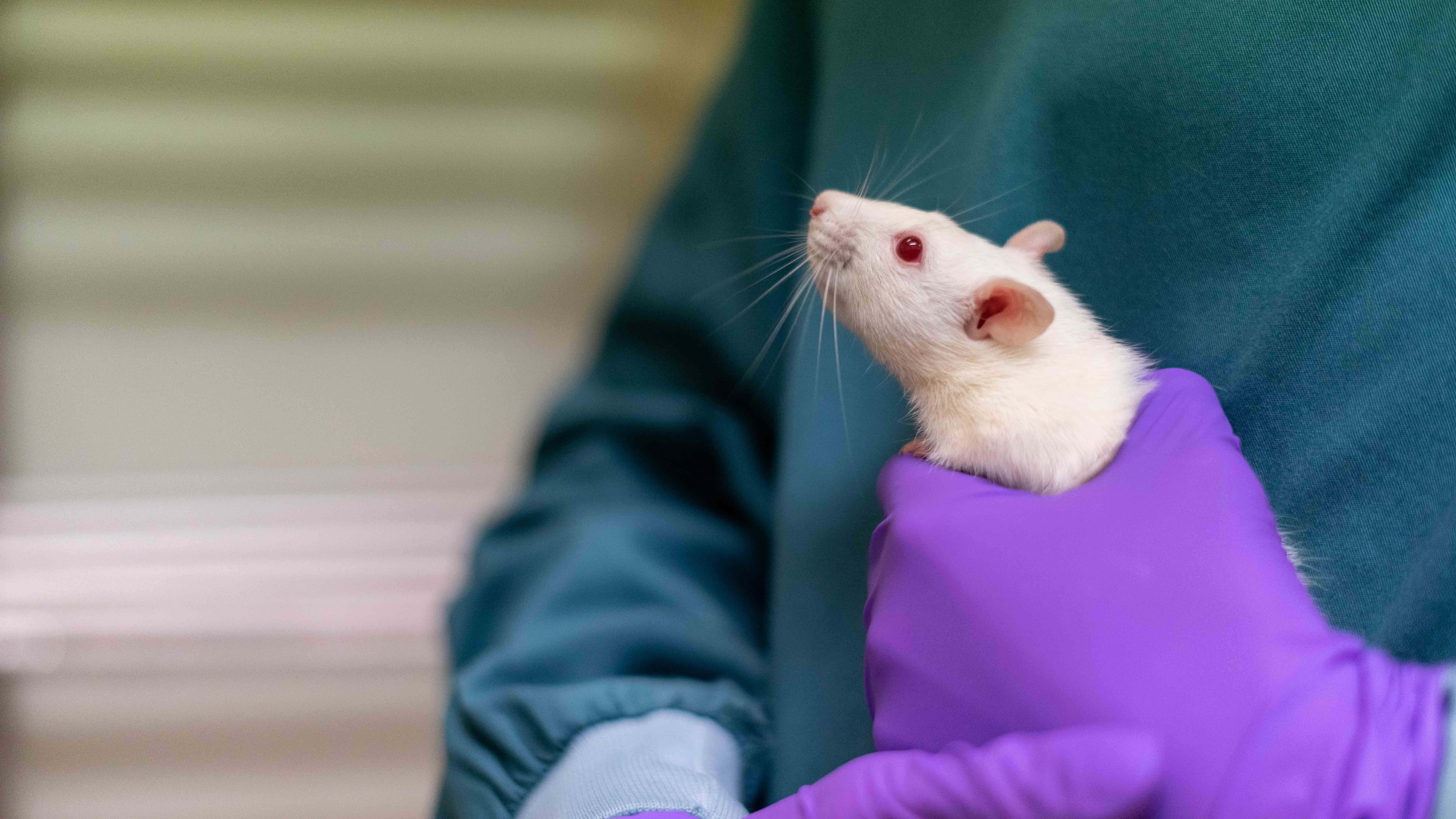Number of animal experiments virtually unchanged
3 years agoThe number of animal experiments at Utrecht University and the UMC Utrecht has remained almost the same this year. There is a minimal increase from 20.433 in 2020 to 20.576 in 2021. This appears from the joint 2021 Annual Report on Animal Experiments.
Both institutes use laboratory animals for research and education. In both fields a lot of effort is put into developing animal-free methods, such as organs-on-chips, computer predictions, fake animals for veterinary students to practice on, and virtual reality. At the same time, these innovations seem to have had only a limited impact on the number of animal experiments carried out in recent years.
No identifiable cause
Wim de Leeuw, head of the internal supervisory Animal Welfare Body Utrecht, cannot point to a clear cause of this year’s slight increase. "Last year we saw that a new research project on chemical substances in the environment, carried out with zebrafish, increased the number of animal tests, as did a study on COVID infections in pets. This year, we have no such identifiable causes. Possibly a catch-up effect after the corona restrictions plays a role."
Critical attitude of students
Still, the Dean of the Faculty of Veterinary Medicine, Debbie Jaarsma, shows optimism in the foreword (in Dutch) to the annual report, partly because the discussion about how we treat animals is widely held in society and therefore also at the university. "Students are educated differently than ten or twenty years ago. They enter with a critical attitude towards the use of animals and are offered plenty of food for thought, individually and in cooperation with professionals. In this way, they can develop their own attitude towards animals."
To the English summary of the 2021 Annual Report on Animal Experiments: https://dierproevenutrecht2021.jaarverslag.net/english/


